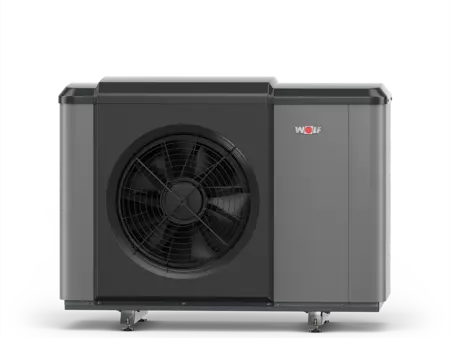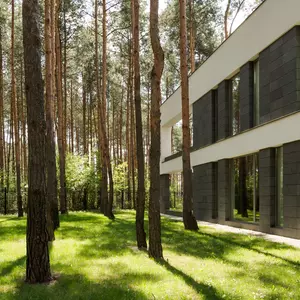
Leasing instead of buying heating
Whether for a car, an apartment or sports equipment, leasing as an alternative to buying is not a new business model. Homeowners can now even lease a heater. By paying a monthly rental, you don’t have to worry about installation and maintenance costs. On the other hand, homeowners do not acquire ownership of the heating system in this way. Find out here all the advantages and disadvantages of so-called heat contracting.
How does heat contracting work?
As a homeowner, you must always make sure that the heating system is working properly. Especially in rental properties, it is not by itself enough to install a burner. The correct setting of the system, maintenance and repairs should be carried out regularly.
In the case of heating systems that require a supply of fuel on site (e.g. heating oil), it is also important to buy supplies in good time. If problems arise, you must also organise the service. This is all the more true in owner-occupied residential property such as single-family homes.
When you lease a heating system, a service company referred to as the contractor takes charge of almost all of the duties and services. To this end, you enter a heat supply contract. The contract partner will install the new heating system for you and take care of the contract processing and regular maintenance.
In addition, the contractor usually bears the costs of the chimney sweep. The contract often also includes a 24-hour service that you can contact in the event of heating problems.
How much does it cost to lease a heating system?
As a rule, with heat contracting, a certain monthly amount is paid to the service provider, who then covers all operating and consumption costs.
How the amounts are made up in detail depends on the provider and the respective plan. There are usually two main components: the base price and the consumption price.
The monthly base prices start at around 70 euros, depending on the heating system and the size of the house. Added to this are the costs for the actual heat consumption. These are calculated either according to actual consumption or as a flat-rate heating package.
Note: The contracts often provide for price adjustments which, depending on the development of fuel prices, can have a strong influence on the monthly costs. The corresponding contractual clauses are sometimes very complex.
The bottom line is that when you rent a heater, you quickly end up with monthly costs of more than EUR 300.
Lease or buy heating?
Which is more economical?
For homeowners who cannot afford or do not want to make the investment in a heating system in one fell swoop, heat contracting can be worth considering.
There are also running costs for maintenance, service and fuel prices, for example for gas or oil.
With renewable energies such as the environment friendly CHA-Monoblock heat pump, however, the costs for the fuel are low or are even non-existent.
Air-to-water heat pump
CHA-MONOBLOCK
The WOLF CHA Monoblock heat pump is sure to fit in with the overall design of your home, and is perfect in the garden, out on the patio or mounted on the wall – all with an impressive COP of 4.65.

Pros and cons at a glance
If you lease a heating system, the heating package is already included in the rental. Paying a monthly contracting fee doesn’t seem so unattractive at first glance. In addition, the operating risk (for example unplanned repairs) always lies with the contractor, which is particularly relevant after several years of operation.
As convenient as it is to lease a heating system, there are also drawbacks to heating contracting. The total costs play a decisive role here. Compared to a rental of over EUR 300, the monthly financial burden for single-family houses with their own heating, including operating and consumption costs, is around EUR 200.
In many cases, buying a heater is cheaper than leasing it in the long term. But then you also bear the operational risk.
In addition, most providers stipulate a relatively long contract period for leasing the heating. This makes sense insofar as the technical and organisational effort for the contracting provider is high and short contract periods are not worthwhile for the them.
Since the cost of instalments for contracting also add up, you should consider carefully before making a decision whether you would rather take out a cheap loan to finance your own modern heating system.
Bear in mind that funding programmes further reduce the purchase price. The grants are currently higher than ever. This is all the more true if you intend to make further modernisations, such as the integration of a photovoltaic or solar thermal system.
At the end of the contract, you can sometimes take over the heating against payment of a residual value – but then you could be stuck with outdated technology. The expansion, on the other hand, can be very expensive. It should therefore also be precisely contractually regulated who will pay the costs.


